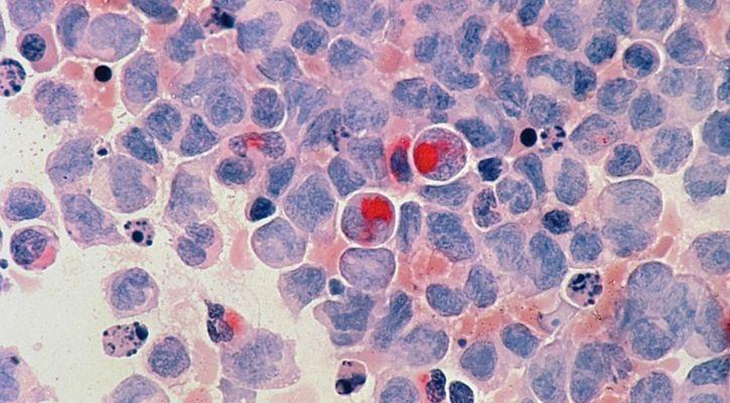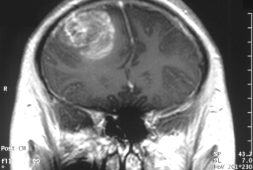
Medical researchers in England are using an approach being referred to as “bugs and drugs,” using living bacterial magnets to guide viruses that were engineered to attack cancer tumors.
Taking several years of work to develop this process, it has managed to prove its success at attacking prostate and breast cancers, and impressively, it was awarded the Roger Griffin prize for cancer drug discovery.
Called the “oncolytic virus,” it generally occurs in nature, yet it can also be modified to improve its efficacy while limiting its virality. The process causes cancer cells to ‘burst open and die,’ and a number of researchers can’t wait to mobilize this almost available solution where it’s needed. But, like all other viruses, they can also attack the host’s immune system. This means that if they don’t manage to reach their target quickly or fast enough, they can actually get vaporized by immune cells.
What oncologists have been able to do is successfully use a type of fat cell otherwise known as liposome to coat and transport intravenous oncolytic viruses, allowing them to be taken up faster into the tumorous areas.
Now, the group of researchers at the Sheffield group, which is being funded by Cancer Research UK, have discovered that they can guide the viruses quicker if they are coated with magnetized particles. Amazingly, engineers can make magnets fifty one-billionths of a meter in size, in order to arm the oncolytic viruses. Yet, there is an even cheaper and easier way to do this. ‘Enter a kind of microbe found in soil that absorbs iron oxides to align itself with Earth’s magnetic field, called magnetosomes.’
Project leader at the Sheffield Group, Dr. Faith Howard, told The Guardian in an interview, “These microscopic magnets, they make are perfectly shaped and ideally suited to the microscopic packages we need to target deep cancers.”
She also said, “These tiny magnets could be made in the laboratory but we have found bacteria do a better job of manufacturing them than we could.”
“These microscopic magnets they make are perfectly shaped and ideally suited to the microscopic packages we need to target deep cancers,” she added.
As of now, their research has focused on animal trials. However, the project needs to be able to manufacture enough supplies to complete a long human trial before the experimental “bugs as drugs” procedure can actually be proven to work.



